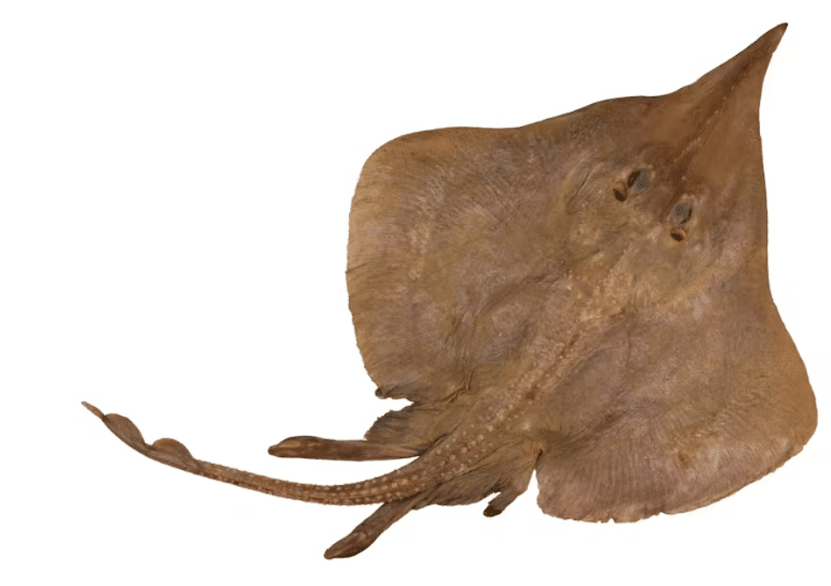
1. Madagascar Ridge Expedition Yields New Electric Skate Species
Perth, Australia—Researchers from the University of Western Australia have identified a new species of skate, Narcine madagascariensis, in the Madagascar Ridge. Discovered during a deep-sea expedition, this electric skate belongs to a group of cartilaginous fish that includes rays and sharks. The discovery highlights the rich biodiversity of the ridge, a region known for its complex underwater topography and diverse marine ecosystems.
Scientists are urging the protection of the area, as its marine habitats face increasing pressure from human activities, including deep-sea fishing. The discovery is expected to help inform future conservation efforts to safeguard the region’s unique marine life. The research underscores the importance of exploring deep-sea environments, which remain largely unknown but vital for global biodiversity.
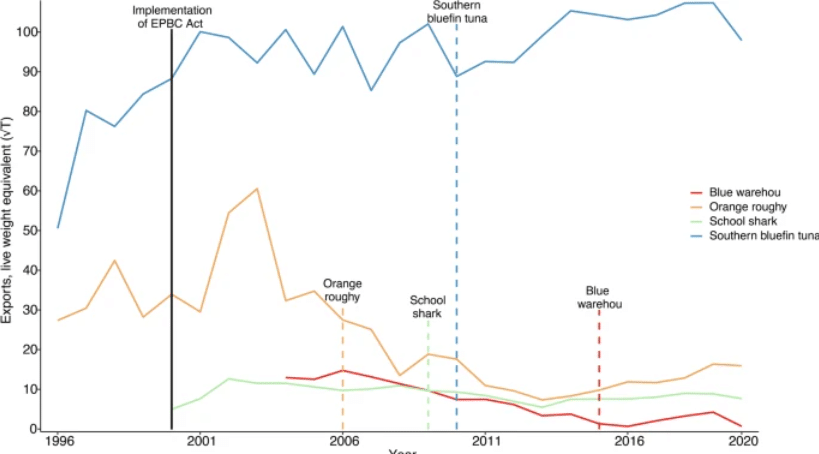
2. Deep-Sea Mining Discussions Center on Balancing Economy and Ecology
London, United Kingdom—Global concerns are growing over the environmental impacts of deep-sea mining as nations meet to discuss regulation of the practice in international waters. Mining valuable minerals from the ocean floor poses a significant risk to fragile deep-sea ecosystems, some of which are still largely unexplored.
The International Seabed Authority (ISA) is leading efforts to draft rules that balance economic benefits with environmental protections. However, scientists and environmental advocates are urging a precautionary approach, warning that mining could lead to irreversible damage. Some countries are calling for a moratorium on mining until more research can be conducted. The outcome of these discussions will shape the future of deep-sea mining and the protection of marine biodiversity.
Thank you for your generous gift that will help us continue the production of this weekly, free publication
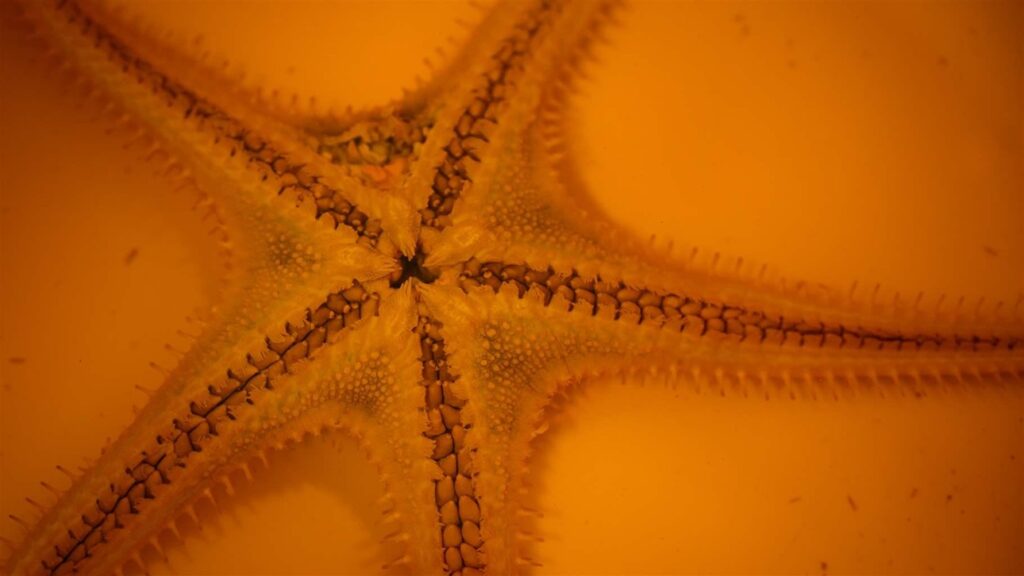
3. Nations Clash Over Future of Deep-Sea Mining in International Waters
Sydney, Australia—Nations are intensifying discussions on regulating deep-seabed mining in international waters as concerns over environmental impacts grow. Hosted by the International Seabed Authority (ISA), the talks focus on balancing economic opportunities from extracting minerals, such as cobalt and nickel, with the need to protect deep-sea ecosystems. Environmentalists warn that mining could irreparably harm unique habitats and lead to the loss of marine biodiversity.
Some countries, including Pacific Island Nations, are calling for a moratorium on mining activities until further research is conducted. The debate is becoming increasingly polarized, with economic interests clashing with environmental priorities, leaving the future of deep-sea mining uncertain.
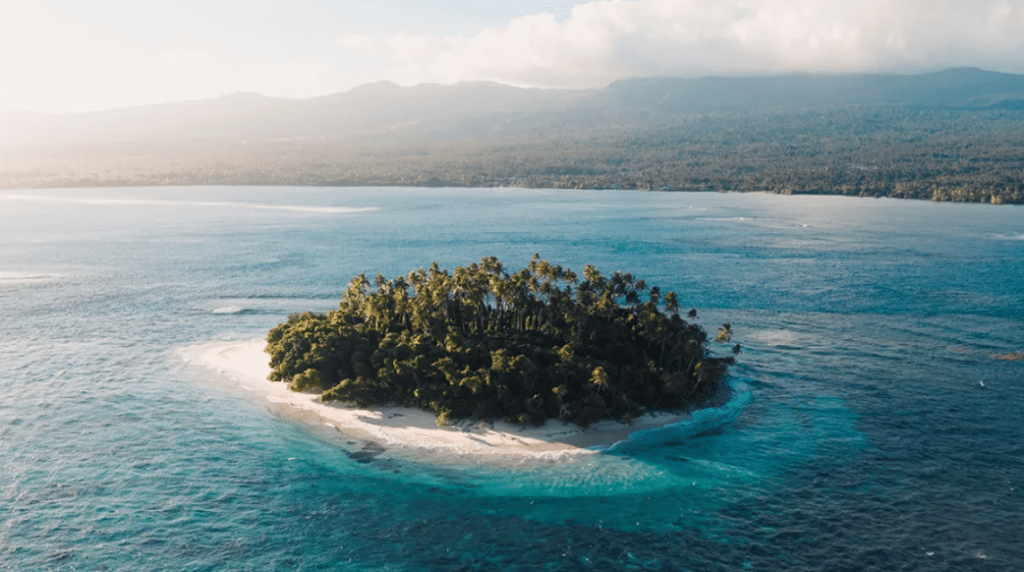
4. Island Nations Push for Global Legal Evolution as Seas Rise
New York, United States—The Alliance of Small Island States (AOSIS) is advocating for the adaptation of international law to address the growing threat of sea-level rise. During recent United Nations discussions, AOSIS emphasized the urgent need to protect their nations’ maritime and exclusive economic zones (EEZs), even if rising seas submerge their land territories.
The group argues that current legal frameworks must evolve to ensure the continued sovereignty of small island nations at risk of losing habitable land due to climate change. The push for legal reform comes as these island states face existential threats, with rising seas potentially erasing entire countries. AOSIS calls for global recognition and legal protection to ensure their survival on the world stage.

5. Philippine Coast Guard Cracks Down on Giant Clam Shell Trafficking
Iloilo, Philippines—Authorities in Iloilo have seized ₱42 million worth of giant clam shells on Gigantes Island, marking one of the largest illegal wildlife seizures in recent history. The Philippine Coast Guard, in cooperation with the Department of Environment and Natural Resources (DENR), confiscated over 12 tons of giant clam shells, an endangered species protected under Philippine law.
Poachers harvest these shells to sell them on the black market, where they are used in jewelry, décor, and traditional medicine. The authorities are stepping up efforts to crack down on illegal wildlife trade, but the incident highlights the ongoing challenges in protecting the country’s marine biodiversity from exploitation.

6. Australia Calls for Urgent Global Action at Nature Positive Summit
Canberra, Australia—Australia’s Minister for the Environment, Tanya Plibersek, delivered the closing address at the Global Nature Positive Summit, calling for urgent and collective global action to protect biodiversity. In her speech, Plibersek highlighted the importance of collaborative efforts to restore ecosystems, protect endangered species, and combat climate change.
She emphasized Australia’s commitment to being a global leader in conservation and biodiversity protection, citing recent initiatives to preserve the country’s unique flora and fauna. The summit brought together world leaders, environmentalists, and researchers to address the global biodiversity crisis and share strategies for creating a sustainable, nature-positive future.
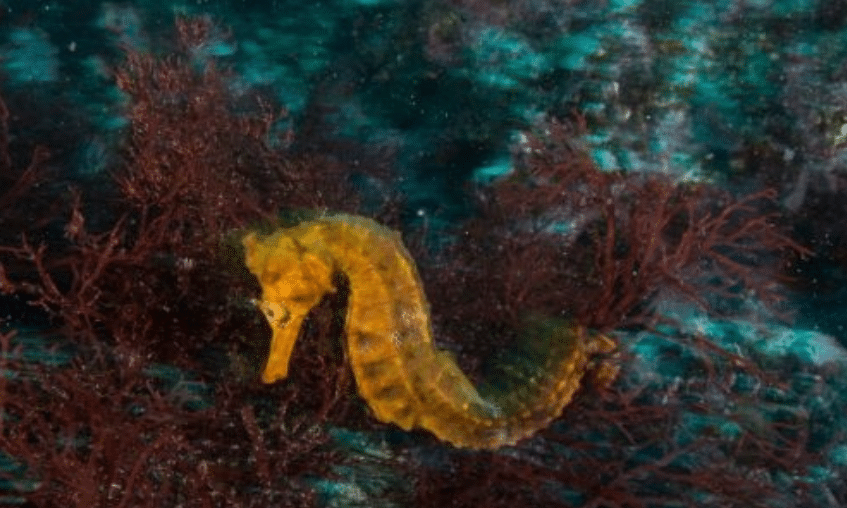
7. Bahrain Unveils Strategy to Combat Marine Pollution
Manama, Bahrain—Bahrain is set to launch a national strategy to combat marine pollution and enhance the protection of its coastal environments. The Ministry of Environment and Climate Affairs has announced new initiatives to preserve Bahrain’s marine biodiversity and address the growing threat of pollution, particularly plastic waste. The strategy will involve public awareness campaigns, stricter regulations on waste management, and collaborations with international organizations to clean up the surrounding waters.
Bahrain’s coastal ecosystems, home to a variety of marine species, are under increasing pressure from human activities, including urban development and tourism. The strategy aims to reverse damage to these ecosystems and ensure their long-term sustainability.
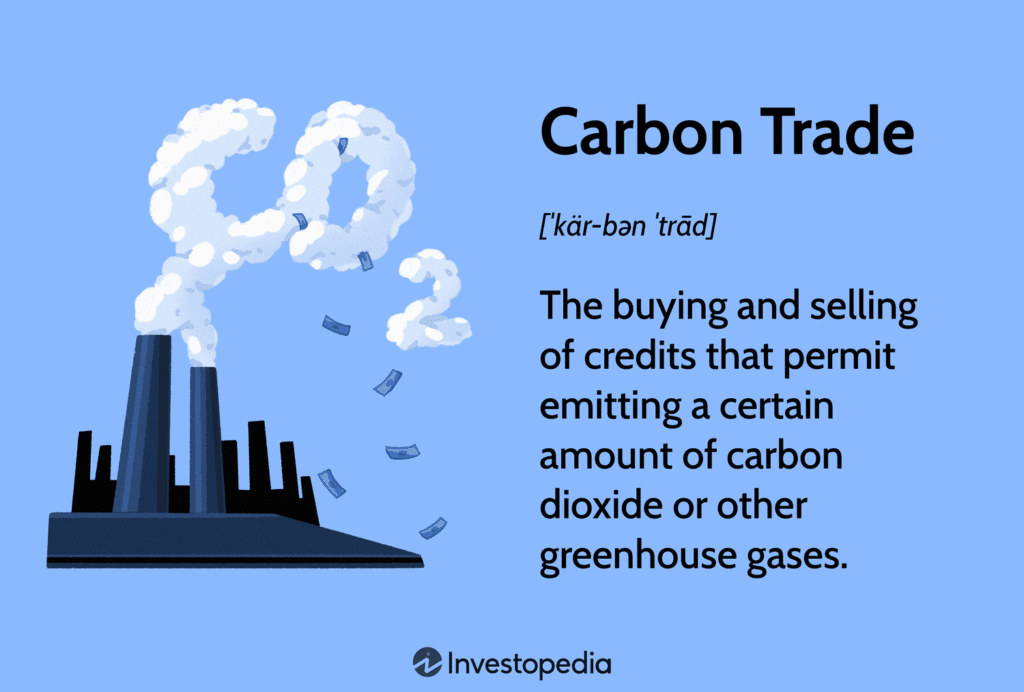
8. Carbon Trading System Debated as Nations Tackle Emissions Targets
Brussels, Belgium—A coalition of countries is pushing for new international carbon markets to regulate the impact of carbon emissions and ensure compliance with global climate targets. At the heart of these discussions is the introduction of carbon credits that can be traded between nations and corporations, providing financial incentives for reducing greenhouse gases.
However, critics warn that without strict oversight, the system could be exploited by companies looking to greenwash their operations without making real emissions reductions. The proposal is gaining momentum as the world prepares for the next UN Climate Change Conference, where carbon markets are expected to play a central role in global climate action.

9. Study Links Weak Climate Governance to Poor Emission Reduction Performance
Munich, Germany—A new study published in Nature reveals that countries with weaker climate governance frameworks are falling behind on their emission reduction commitments. Researchers analyzed policies from 100 nations and found that those lacking strong legal frameworks are likelier to miss their carbon reduction targets.
The study emphasizes the need for legally binding policies to ensure accountability and transparency in climate action. The findings highlight the importance of robust governance structures in addressing global warming and meeting international climate goals. Countries with clear legal frameworks, such as the European Union, are leading the way in climate action, while others lag behind, risking global progress.
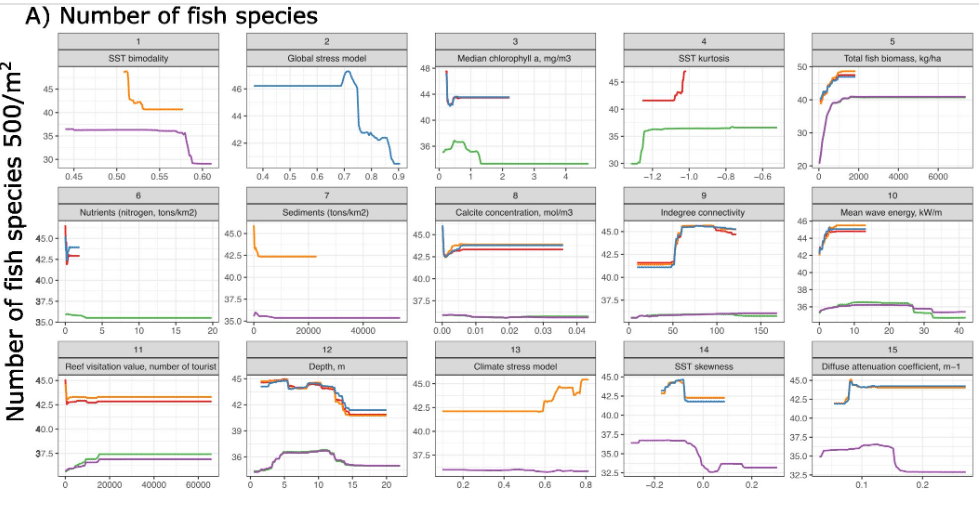
10. New Study Reveals How Fish Adapt to Extreme Marine Environments
Paris, France—A recent study published in Frontiers in Ecology and Evolution reveals significant insights into the behavioral adaptations of fish species living in extreme environments. The research, conducted in the Mediterranean, focused on species thriving in habitats with low oxygen levels and high temperatures. Using advanced tracking techniques, scientists discovered how these fish alter their movement patterns to survive in such harsh conditions.
The study highlights the importance of understanding species’ responses to climate-induced stressors, which are becoming increasingly common due to global warming. The findings could inform future conservation strategies to protect vulnerable marine species from climate change impacts.
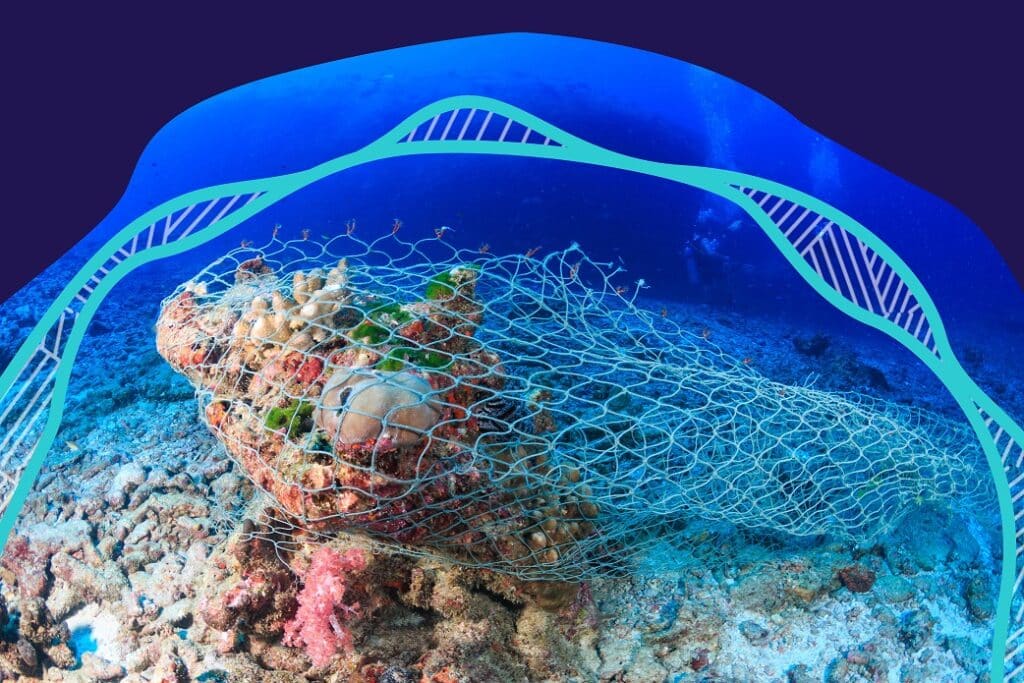
11. Australia Launches Major Effort to Remove Deadly Ghost Nets
Canberra, Australia—Australia is ramping up efforts to combat the deadly threat of ghost nets—abandoned fishing gear that entangles and kills marine wildlife. The Department of Climate Change, Energy, the Environment and Water (DCCEEW) has launched a new initiative to remove ghost nets from northern Australian waters. These nets pose a serious risk to marine animals, including turtles and dugongs, which often become trapped and die.
The initiative will involve collaborations with Indigenous communities, environmental groups, and international organizations to clear ghost nets and raise awareness of the issue. The program is part of Australia’s broader strategy to protect its marine ecosystems from human-induced threats.

12. Cambodia Strengthens Commitment to Fighting Plastic Pollution
Phnom Penh, Cambodia—Cambodia’s Environment Minister has called for increased cooperation and investment to tackle the growing problem of plastic pollution in the region. During an international forum, the minister emphasized the urgent need for private and public sectors to collaborate on innovative solutions to reduce plastic waste. Cambodia faces mounting pressure from plastic pollution, harming its natural ecosystems and threatening marine biodiversity.
The minister highlighted the importance of investments in waste management infrastructure, recycling technologies, and public education campaigns to address the issue effectively. The speech comes as Cambodia strengthens its commitment to environmental sustainability and regional cooperation in the fight against plastic pollution.
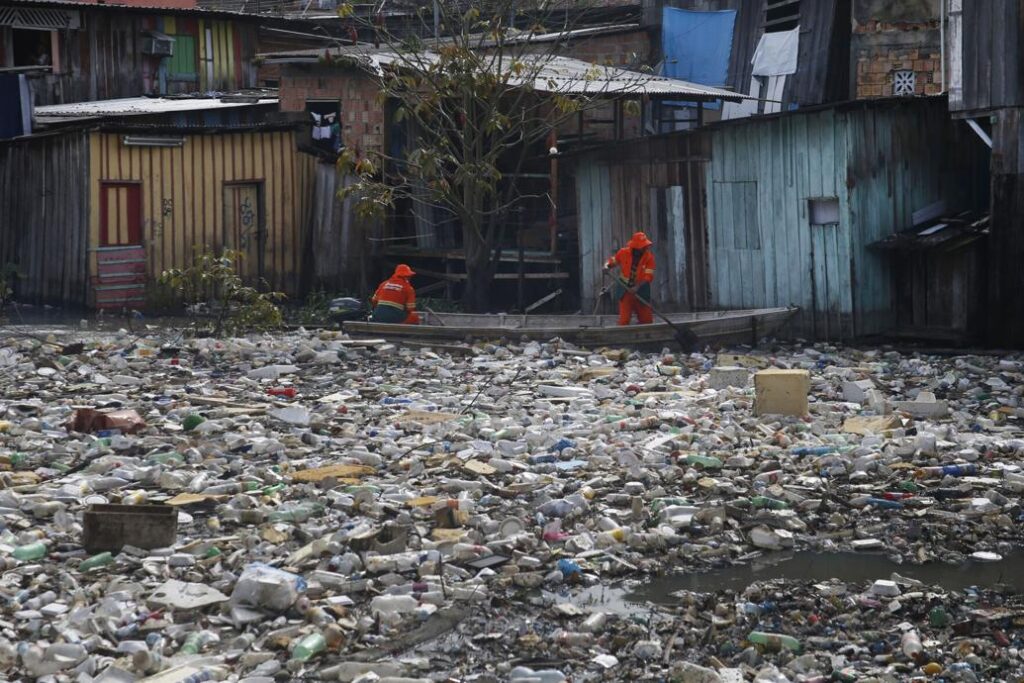
13. Plastic Pollution Threatens Marine Life as 57 Million Tons Recovered Annually
London, United Kingdom—According to new data revealed in a global report, the world generates an astonishing 57 million tons of plastic pollution annually. The study highlights the devastating impact of plastic waste on the environment, with much of it ending up in oceans and waterways. Marine life is particularly vulnerable, with countless species ingesting or becoming entangled in plastic debris.
The report calls for urgent international action to reduce plastic production, improve waste management, and increase recycling efforts. Plastic pollution will continue rising without immediate intervention, threatening ecosystems, wildlife, and human health worldwide.
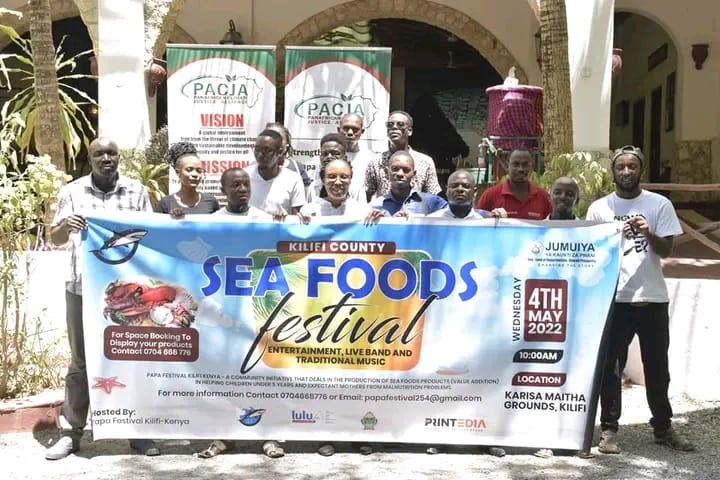
14. Kenyan Fishermen Call for Shark Protection Amid Rising Demand for Fins and Decreased Fishing Yields
Kilifi, Kenya—Fishermen along Kenya’s coast are calling for the protection of sharks as the demand for shark fins continues to rise. Local fishing communities in Kilifi are witnessing the depletion of shark populations due to overfishing, driven by the lucrative trade in shark fins. The fishermen are urging the government to introduce stricter regulations to protect sharks and ensure the sustainability of their livelihoods.
Shark fins are often sold to international markets, where they are used in traditional delicacies. Conservationists are also joining the call for stronger protections, emphasizing the critical role sharks play in maintaining marine ecosystem balance.
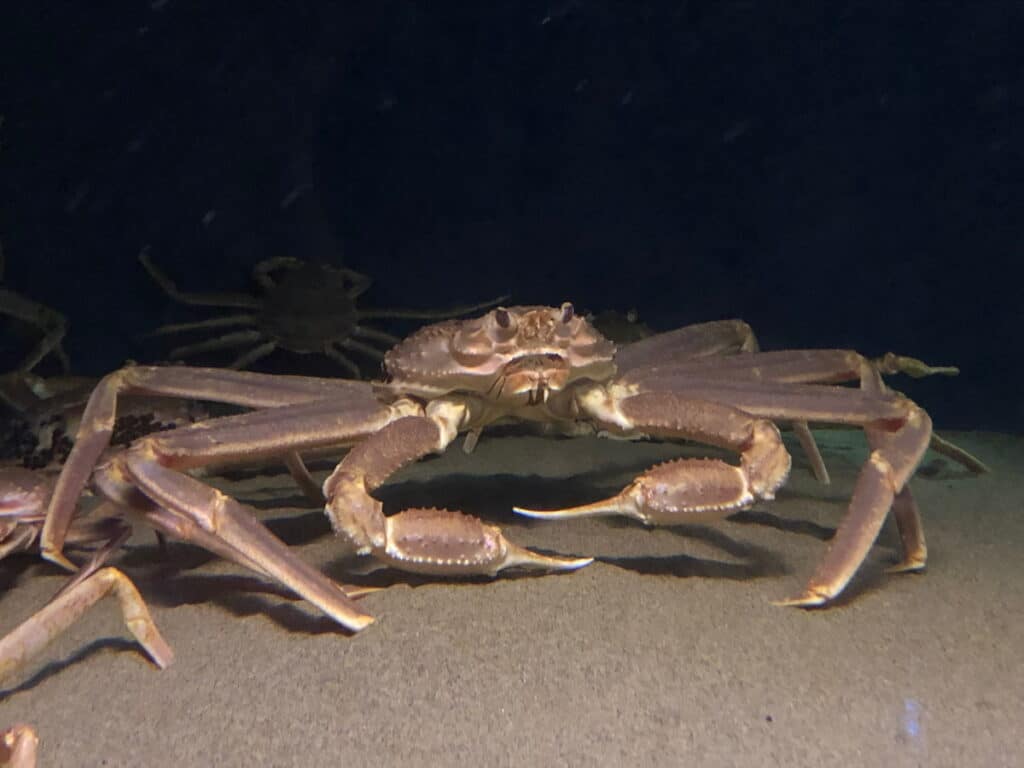
15. Scientists Investigate Snow Crab Collapse as Climate Crisis Deepens
Dutch Harbor, Alaska—The collapse of the snow crab population in the Bering Sea has been linked to climate change, according to scientists and fishery experts. Warmer ocean temperatures have caused a dramatic decline in crab numbers, prompting the closure of several fishing seasons. This unprecedented collapse is being described as a climate-driven crisis, as it threatens the livelihoods of Alaskan crab fishers and disrupts the balance of the marine ecosystem.
Scientists are now investigating whether crab populations can recover or if the changes to the environment are too severe. The Bering Sea snow crab disaster highlights the growing impact of climate change on marine species and industries.
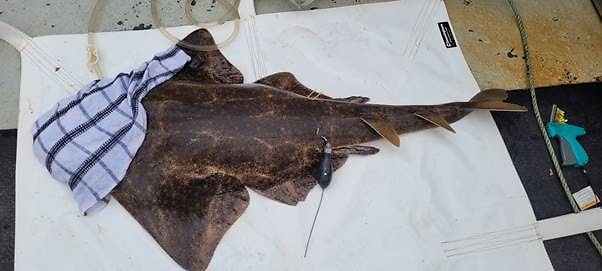
16. Critically Endangered Angel Sharks Tagged in Ireland’s Tralee Bay
Tralee, Ireland—Marine conservationists have successfully tagged two critically endangered angel sharks in Tralee Bay, a major step in the effort to understand and protect this elusive species. The sharks now transmit real-time data, providing insights into their movement patterns and habitat use. Angel sharks are among the most threatened shark species, with populations in rapid decline due to habitat destruction and overfishing.
The data gathered from these tagged sharks will help inform conservation strategies to protect their remaining populations. This achievement is part of a broader initiative to protect Ireland’s marine biodiversity and reverse the decline of endangered species.




